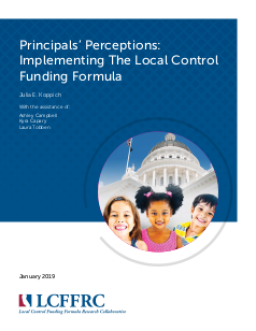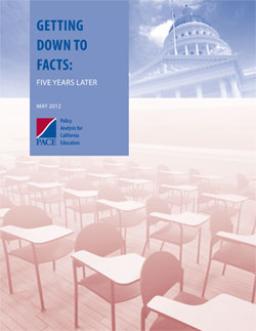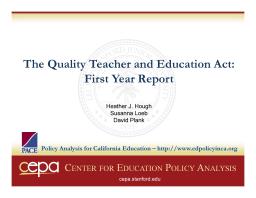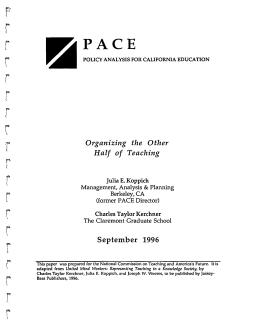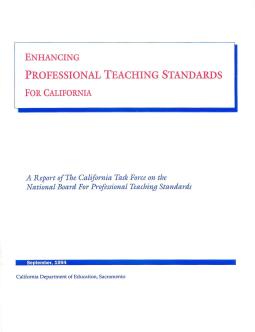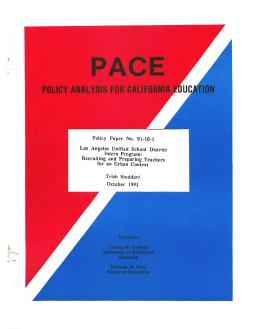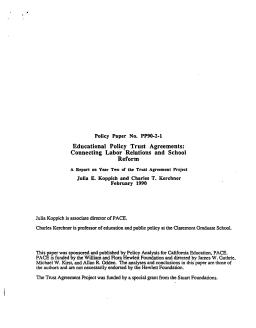Summary
This report is the companion account of principal survey results from the Local Control Funding Formula Research Collaborative's (LCFFRC) fall 2018 surveys of stratified random samples of California superintendents and principals. The superintendent results were published in June 2018 in Superintendents Speak: Implementing the Local Control Funding Formula.
Summary
Summary
This report commemorates the fifth anniversary of the Getting Down to Facts project, which sought to provide a thorough and reliable analysis of the critical challenges facing California’s education system as the necessary basis for an informed discussion of policy changes aimed at improving the performance of California schools and students. The report focuses on the four key issues that received emphasis in the Getting Down to Facts studies: governance, finance, personnel, and data systems.
